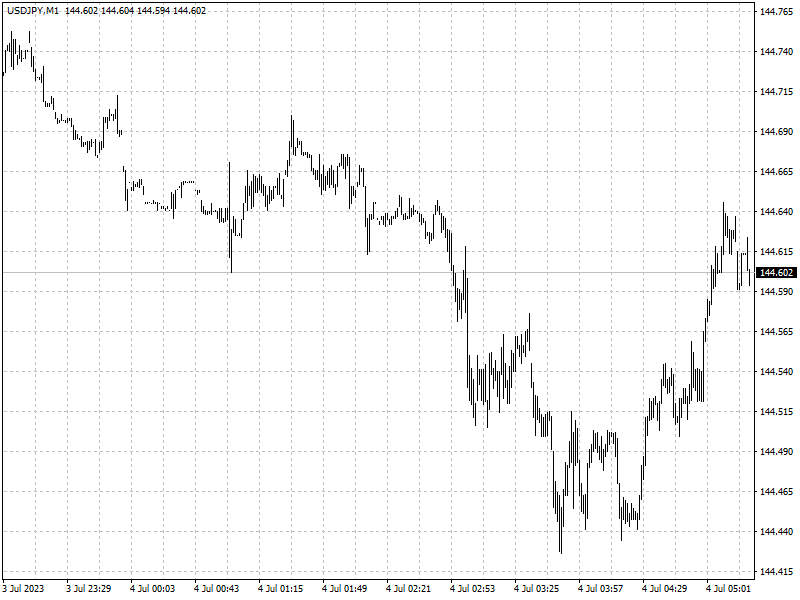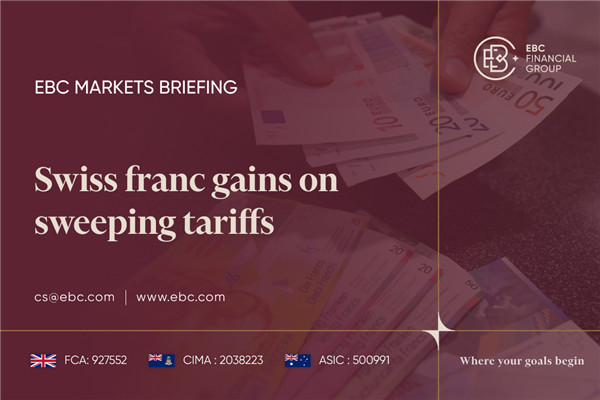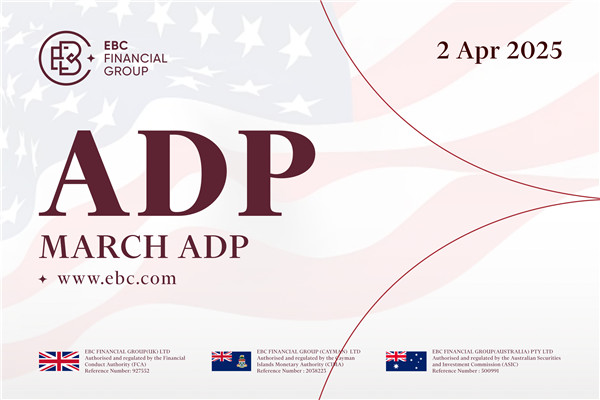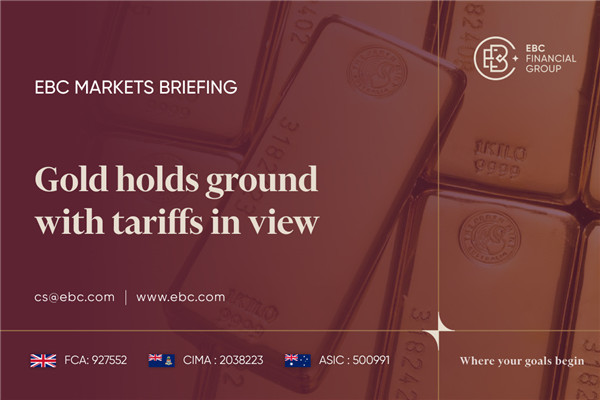Yen continues to bleed after intervention threat
2023-07-04
 Summary:
Summary:
Wall Street stock indexes ended Monday's shorter session up slightly along with U.S. Treasury yields, as investors weighed up a mixed bag of economic data ahead of second-quarter earnings and uncertainty over the direction of central bank policy.
Wall Street stock indexes ended Monday's shorter session up slightly along
with U.S. Treasury yields, as investors weighed up a mixed bag of economic data
ahead of second-quarter earnings and uncertainty over the direction of central
bank policy.
The dollar and gold prices were virtually unchanged as weaker economic
readings cast doubts over whether the Federal Reserve would stick to its hawkish
policy outlook.
Oil prices settled down 1% after rallying earlier in the day as continuous
concern over fuel demand outweighed new supply cuts announced by Saudi Arabia
and Russia.
Commodities
The spread between the 2-year and 10-year U.S. Treasury note yields hit the
widest since 1981, reflecting concerns that tightening will tip the U.S. into
recession.
‘Gold has probably found a home around 1900,’ said Edward Moya, senior market
analyst at OANDA.
‘There’s some positioning happening here ... the market last week seemed to
be slowly pricing in more Fed rate hikes, but data going forward might suggest
that might not be happening, we could get really get one more rate hike.’
Saudi Arabia said it would extend its voluntary cut of one million barrels
per day (bpd) for another month to include August, the state news agency
said.
But prices moved lower after business surveys showed global factory activity
slumped in June as sluggish demand in China and in Europe clouded the outlook
for exporters.
Forex
The yen fell to near eight-month lows against the dollar as intervention came
into sight after Finance Minister Shunichi Suzuki warned on Friday against
investors selling the yen too far as it weakened past the threshold of 145 to
the dollar.
The euro rebounded after earlier weakening on data showing a slowdown in
factory activity in the euro zone renewed concerns about economic growth.
HCOB's final manufacturing Purchasing Managers' Index (PMI) fell to 43.4 from
May's 44.8, its lowest since the COVID pandemic was cementing its grip on the
world, below a preliminary reading of 43.6 and further from the 50 mark
separating growth from contraction.








